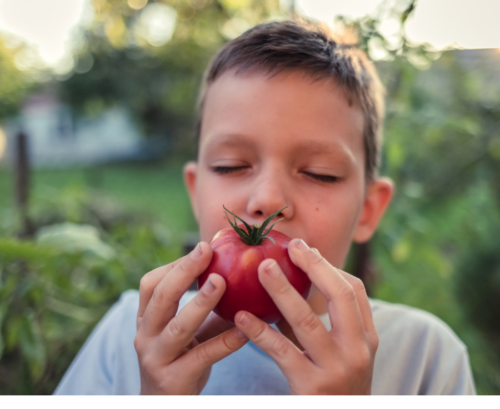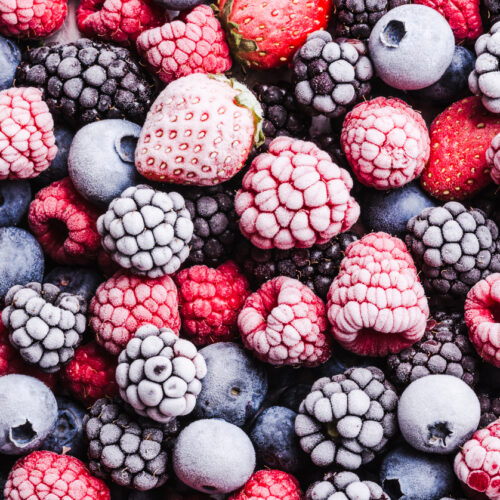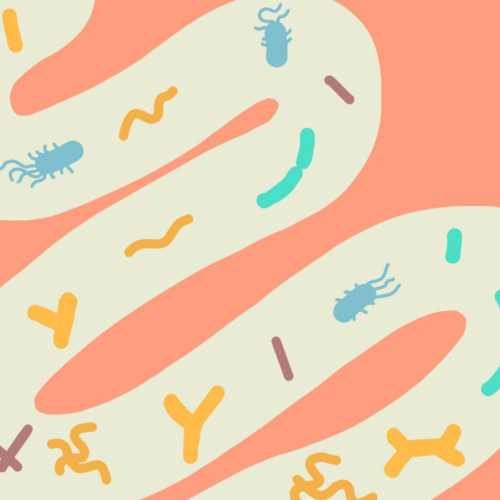
Question: My four-year-old grandson experiences lack of impulse control and sometimes lashes out. How soon after eating corn (for example, if he’s sensitive to the glutamates), might his behaviour be affected by the corn?
Answer: While we can’t comment on an individual‘s health concerns or provide individual medical advice, broadly speaking, for some children, food intolerances or sensitivities to naturally occurring food chemicals such as salicylates, amines and glutamate, may contribute to incidences of negative behaviour or make behavioural disorders worse. Reactions can vary widely from child to child, and may appear anywhere from 30 minutes up to 48 hours after eating the trigger food. In sensitive children, this can show up as hyperactivity, irritability, aggression, sleep disturbances or poor impulse control.
Corn contains naturally occurring glutamates, although in lower amounts than high-glutamate foods like tomatoes or soy sauce. Food-related behaviour triggers are controversial and complex. They’re not always linked to food chemicals – blood sugar fluctuations, gut or sensory issues can also can also influence behaviour. It’s also important to consider developmental factors. At four years old, impulse control is still maturing. Outbursts are often more related to frustration, tiredness or overstimulation, than diet. If you’re concerned, speak with a GP or paediatric dietitian. They can help assess whether food may be playing a role, and guide you through safe and evidence-based next steps.
www.healthyfood.com










